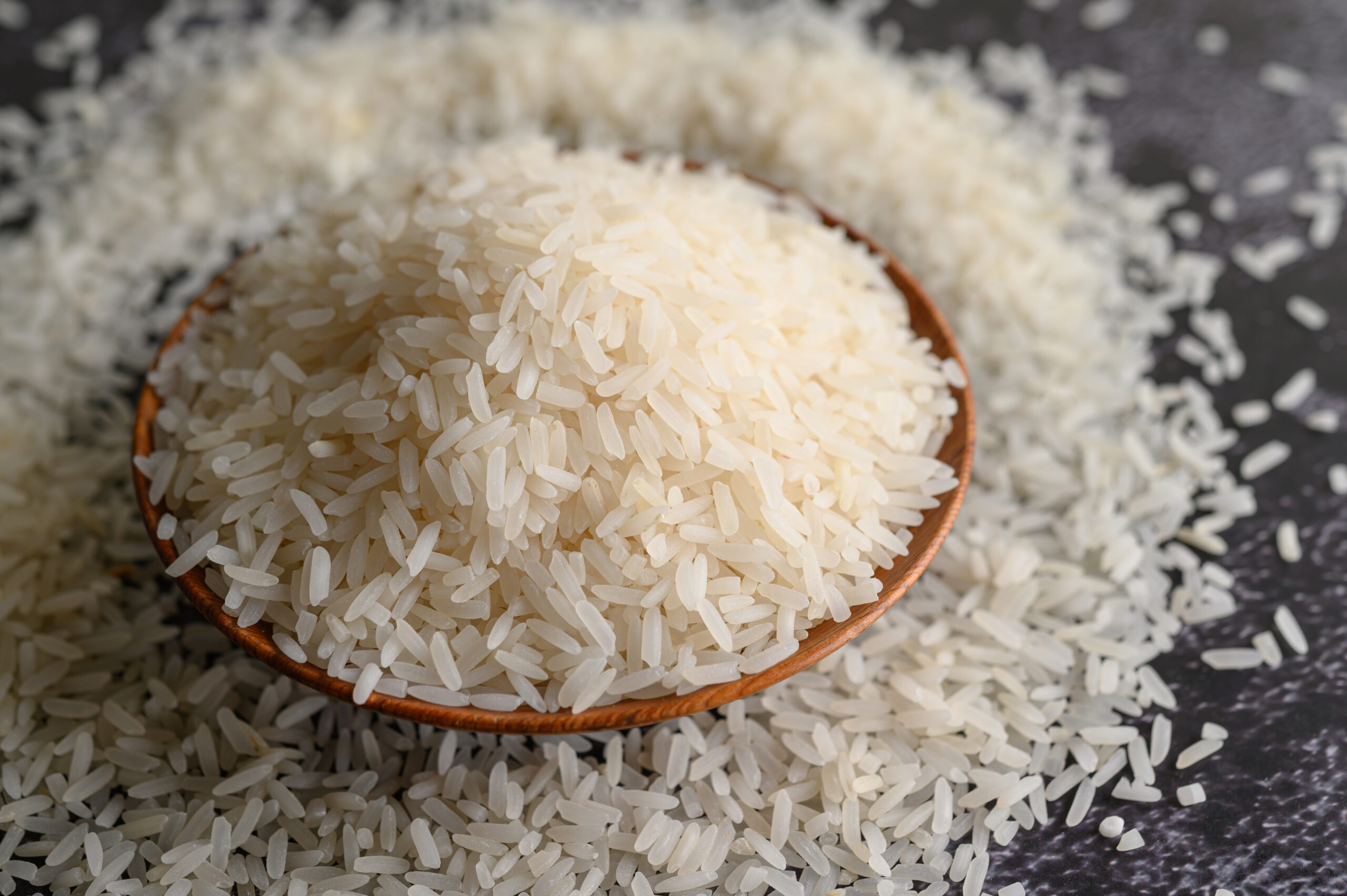Rice
Basmati Rice of Pakistan: A Culinary Treasure
Pakistani rice, particularly the renowned Basmati variety, holds a distinguished place in the world of culinary delights. Revered for its long grains, aromatic fragrance, and distinct flavor, Pakistani Basmati rice is a source of pride for the nation. Let’s delve into the characteristics, cultural significance, and global acclaim of this staple.
1. Basmati Rice Characteristics:
Basmati rice from Pakistan is characterized by its long, slender grains that elongate even more during cooking. The grains remain separate and fluffy, providing a delightful texture to a variety of dishes. The rice is known for its enticing aroma, often described as nutty or floral, which adds an extra layer of sensory pleasure to meals.
2. Cultural Significance:
Basmati rice is more than just a staple; it’s a cultural icon in Pakistani cuisine. Its presence is felt in traditional dishes like Biryani, Pulao, and various other savory and sweet delicacies. The aromatic and fluffy nature of Basmati rice complements the rich and diverse flavors of Pakistani cuisine, making it an integral part of celebratory feasts and everyday meals alike.
3. Global Acclaim:
Pakistani Basmati rice has earned international acclaim for its superior quality. Its aromatic profile and unique taste have made it a preferred choice in global kitchens. The long grain and excellent cooking properties make it ideal for a wide range of cuisines, from South Asian dishes to international recipes.
4. Varieties of Pakistani Basmati:
Pakistan cultivates various varieties of Basmati rice, each with its own unique characteristics. Some well-known varieties include Super Basmati, 1121 Basmati, and PK-385. Each variety is carefully cultivated to meet the high standards of aroma, grain length, and flavor that define authentic Basmati rice.
5. Cultivation and Geography:
Basmati rice is predominantly grown in the fertile plains of the Punjab region in Pakistan, where the combination of rich soil and favorable climate contributes to the unique qualities of the rice. The Indus River serves as a vital water source for the cultivation of this prized grain.
6. Export and Economic Impact:
Pakistan stands as one of the leading exporters of Basmati rice globally. The economic impact of this export industry is significant, contributing not only to the nation’s economy but also showcasing the country’s agricultural prowess on the world stage.
7. Cooking Rituals and Traditions:
The preparation of Basmati rice is often accompanied by rituals and traditions in Pakistani households. The careful rinsing, soaking, and cooking process is a culinary art that has been passed down through generations, ensuring that the distinct aroma and texture are preserved.
8. Sustainability and Responsible Farming:
Many farmers and exporters in Pakistan are committed to sustainable and responsible farming practices. This includes water conservation, organic farming initiatives, and fair trade practices, ensuring the longevity and ethical production of this culinary treasure.
In conclusion, the Basmati rice of Pakistan is not just a staple; it’s a cultural symbol and a culinary treasure that has captured the palates of people worldwide. Its journey from the lush fields of Punjab to international dinner tables speaks volumes about the rich heritage and quality of Pakistani agricultural products.
